STORIES / Okara’shòn:’a
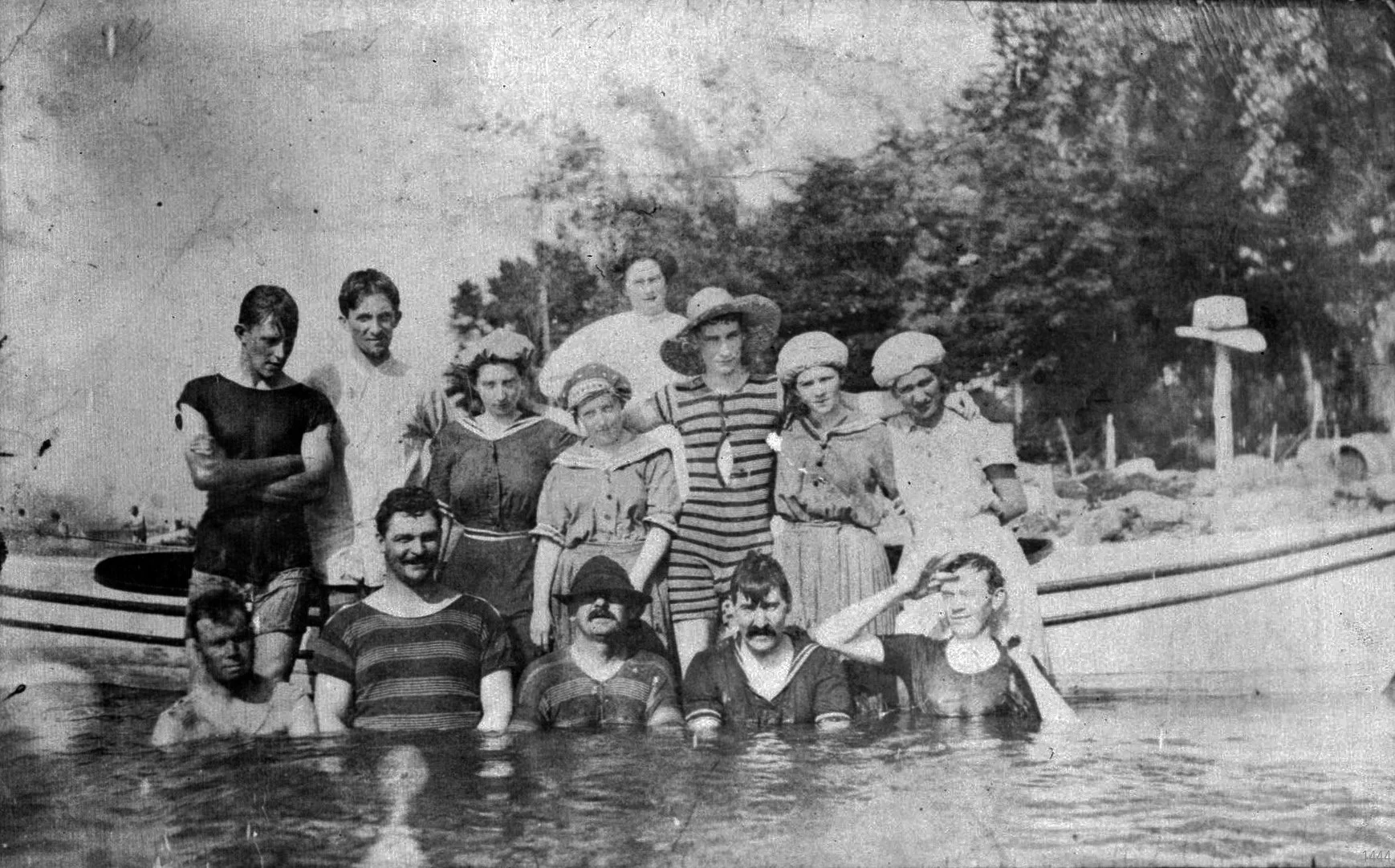
Echoes of Hooks Point
As kids, we used to play from sunrise to sundown, and sometimes we camped in our own yards. We’d go to the river in the summer to go swimming and fishing, and during the winter, we used to skate on the pond and play hockey.
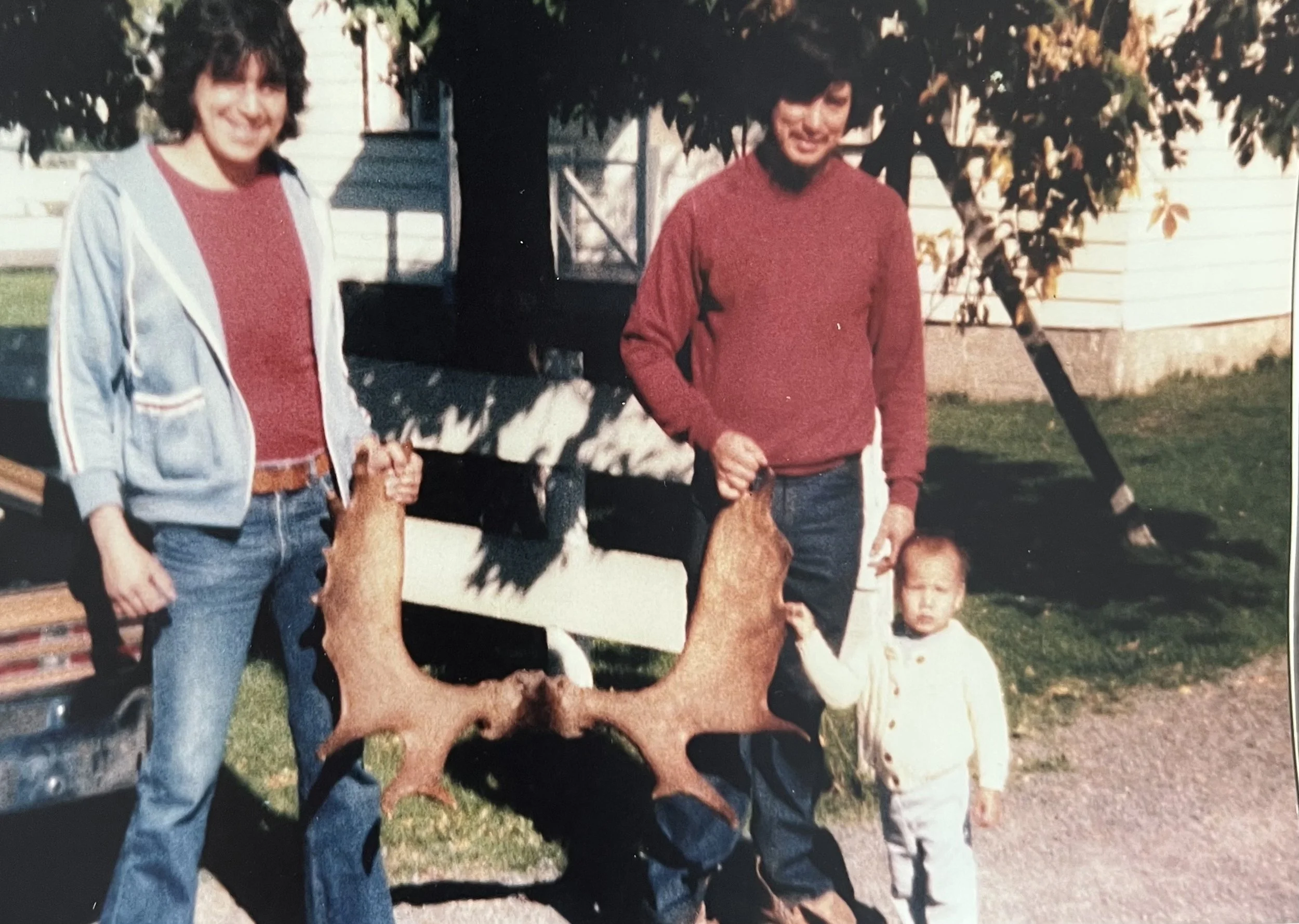
Snaring rabbits
Every morning before school we would go out to the village and check the snares to see if we caught any from the night before. We had to go early in the morning because the rabbits are busy at night and we had to make sure that no dogs would get to it.
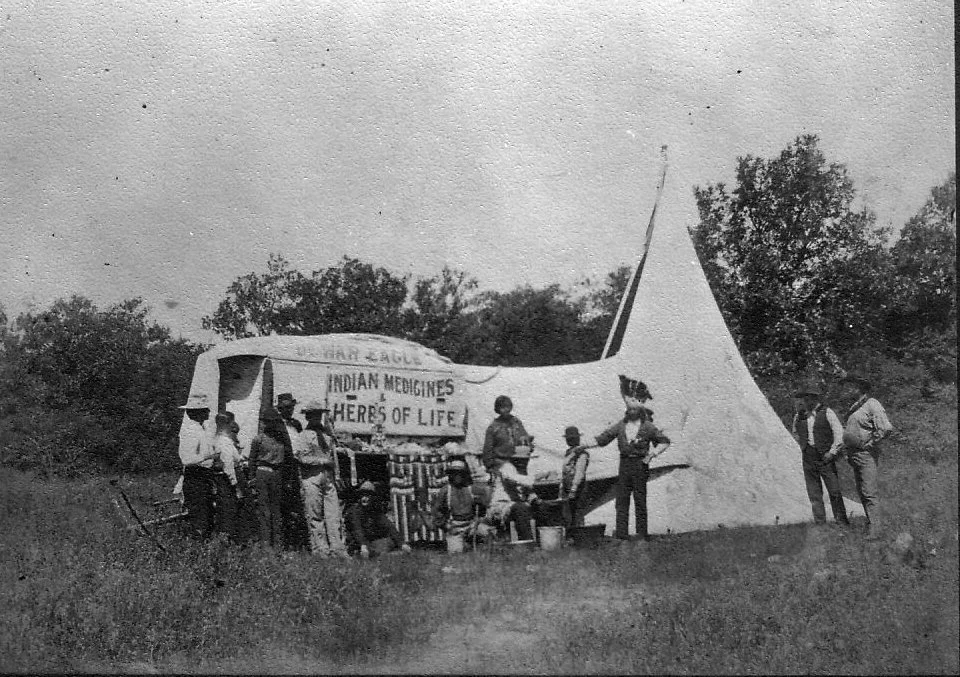
Hot spot
My son lit a candle and when I put my hand over the flame, this black soot shot up. I felt it leave my hand and my hand was covered in soot. The young man left and said, “Thank you very much.” He was going to go back to work on Monday morning.My son lit a candle and when I put my hand over the flame, this black soot shot up. I felt it leave my hand and my hand was covered in soot. The young man left and said, “Thank you very much.” He was going to go back to work on Monday morning.
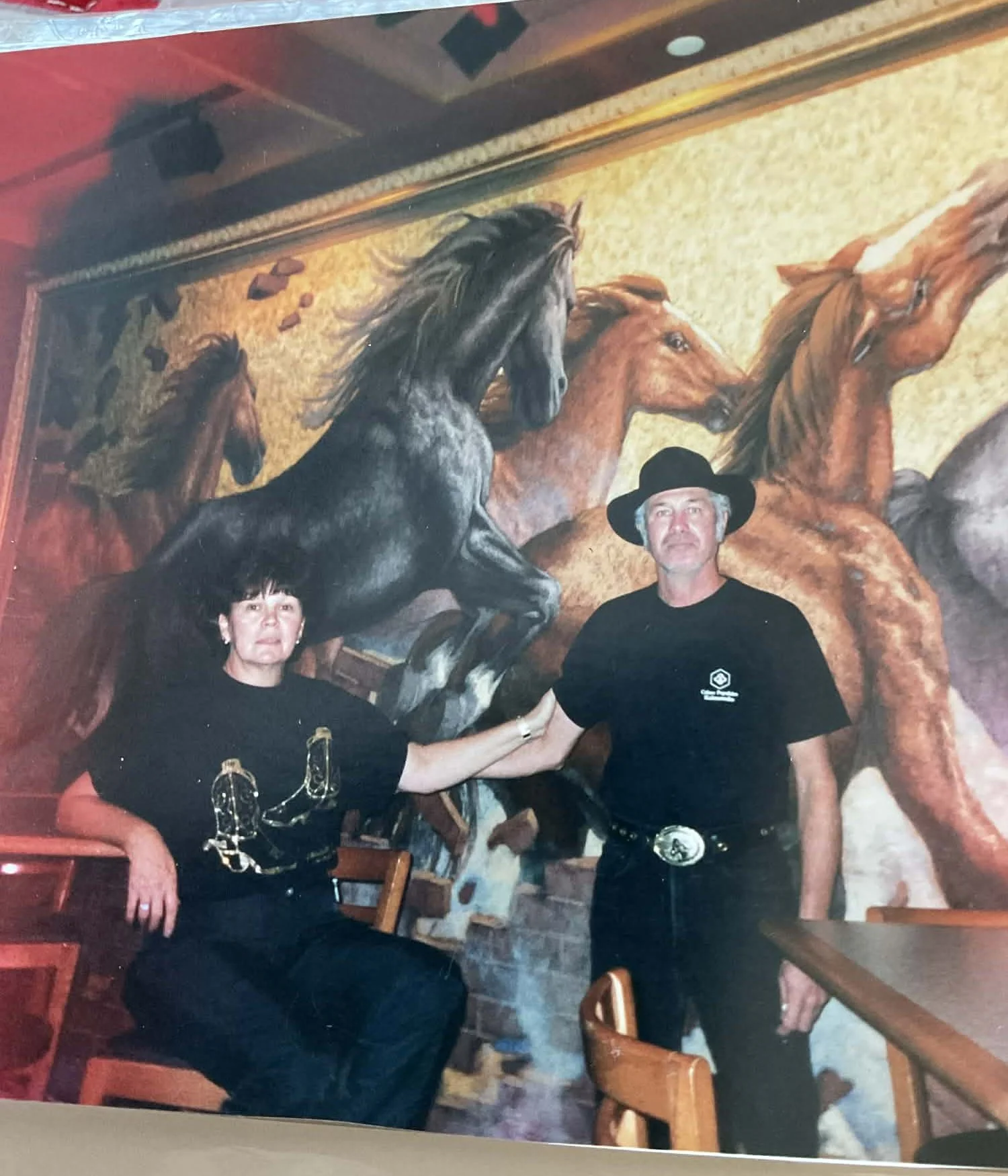
The Waltz of Wind
So that night I sang to her, I sang “The Waltz of the Wind” by Hank Williams, and if you listen to it, it’s about meeting a girl and all that, and she’s gonna be yours forever.We even went to Belmont Park and Lionel recorded it.
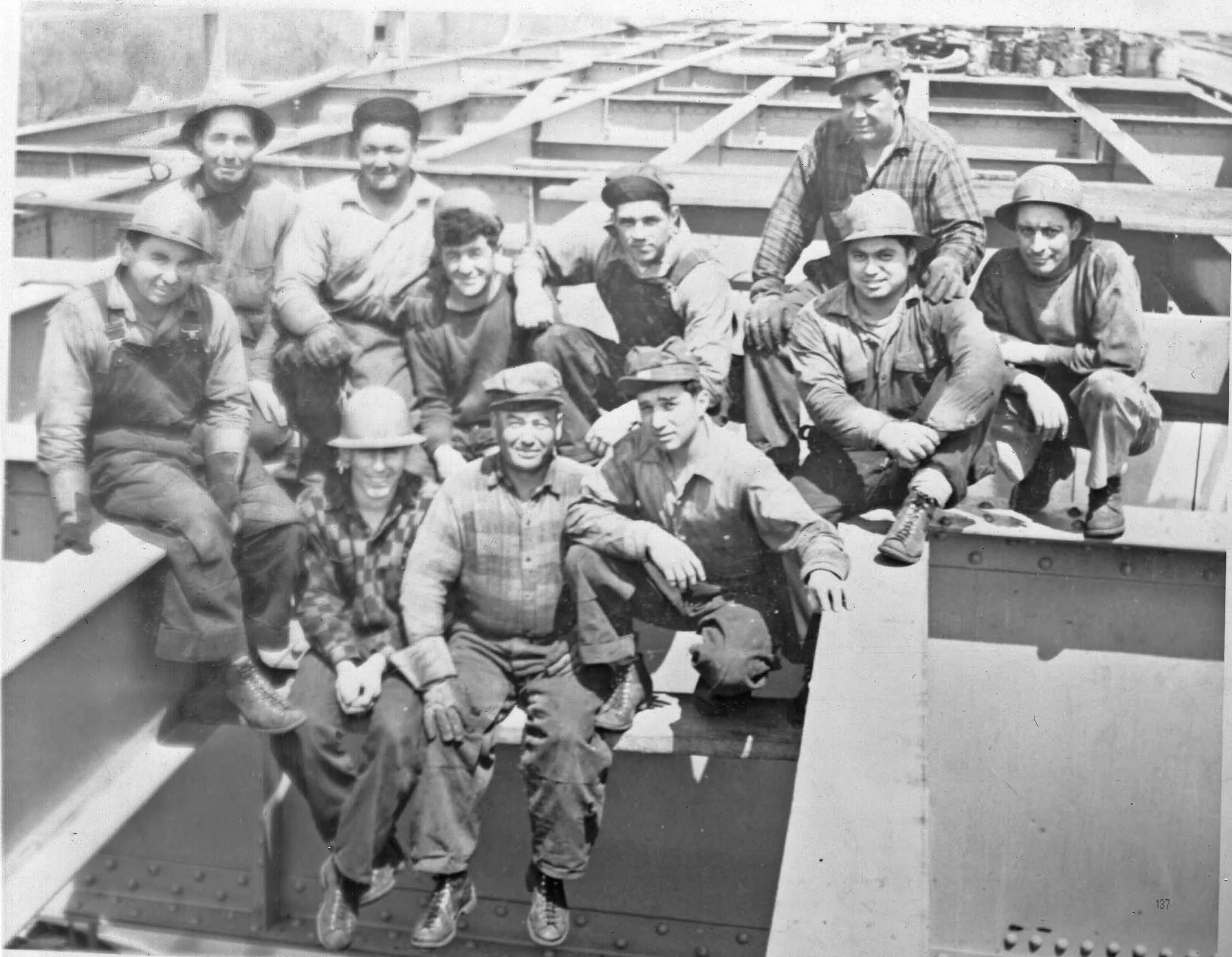
That's my home
I told them, “Shoot. You got my whole back as a target. If you can’t hit me, then there’s something wrong and you shouldn’t be a cop.” I walked right through. I left my car out there because you couldn't get gas anyways. In town, gas was only for ambulance, fire trucks, things like that.
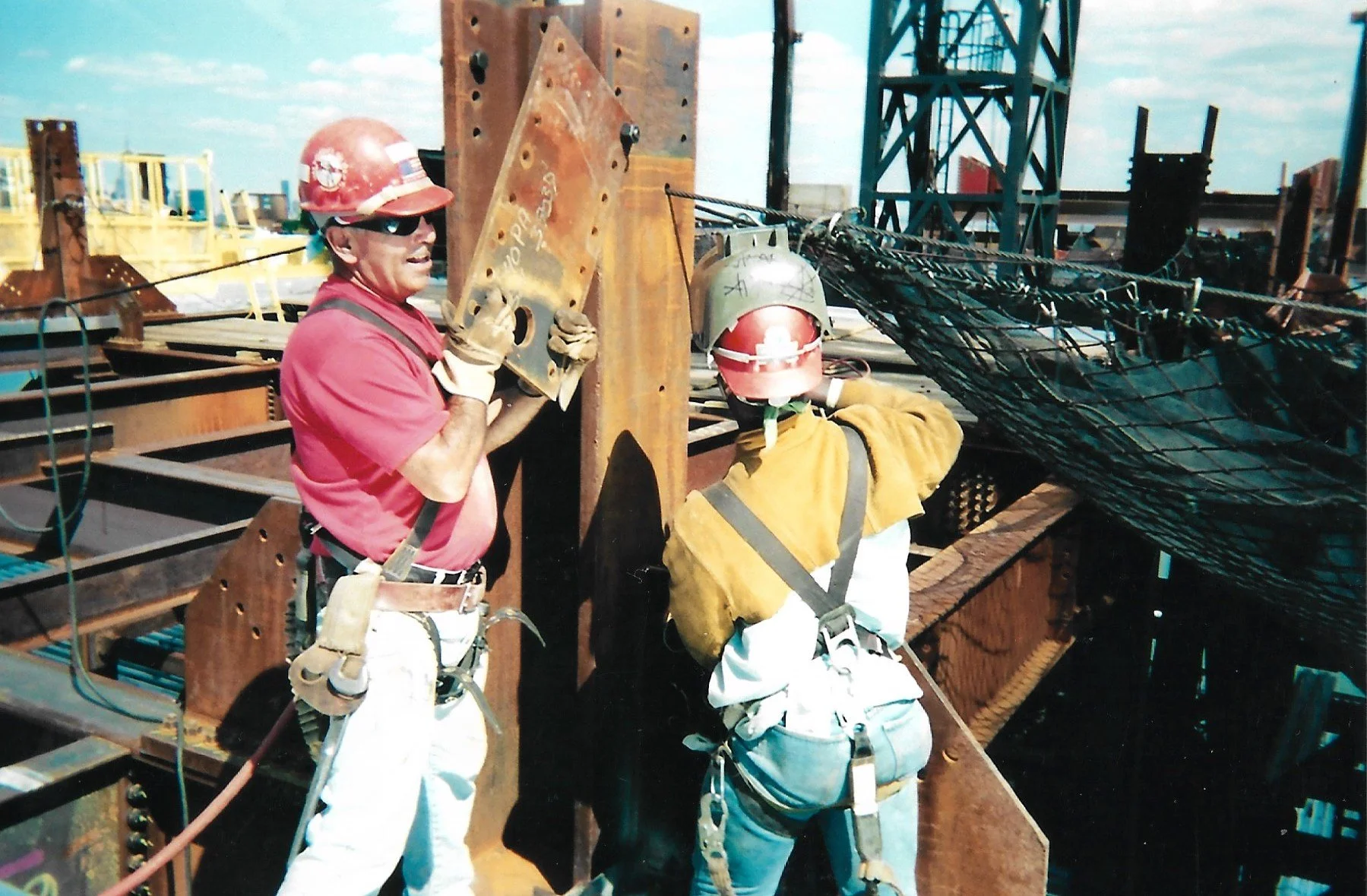
Coffee break
I had to go to school across the river because we didn’t have a high school in Kahnawà:ke. I went to Bishop Whelan High School in Lachine. There were a bunch of us, and I was the only one that spoke Mohawk, so I had no one to speak with. I didn’t use it daily, but the language was still in me.
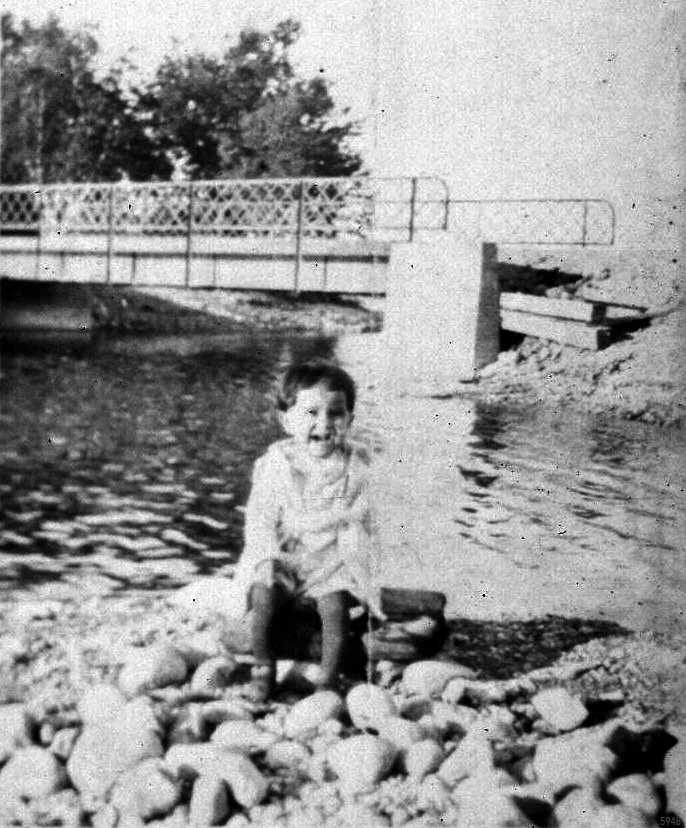
The wells
The council would come, from time to time, to do tests to see if there was bacteria. They said the well water itself was good, but that it wasn’t drinkable because of the mineral built up and rust inside the well. The pumps at the surface were eventually disconnected from the cylinders, but not all of them were.
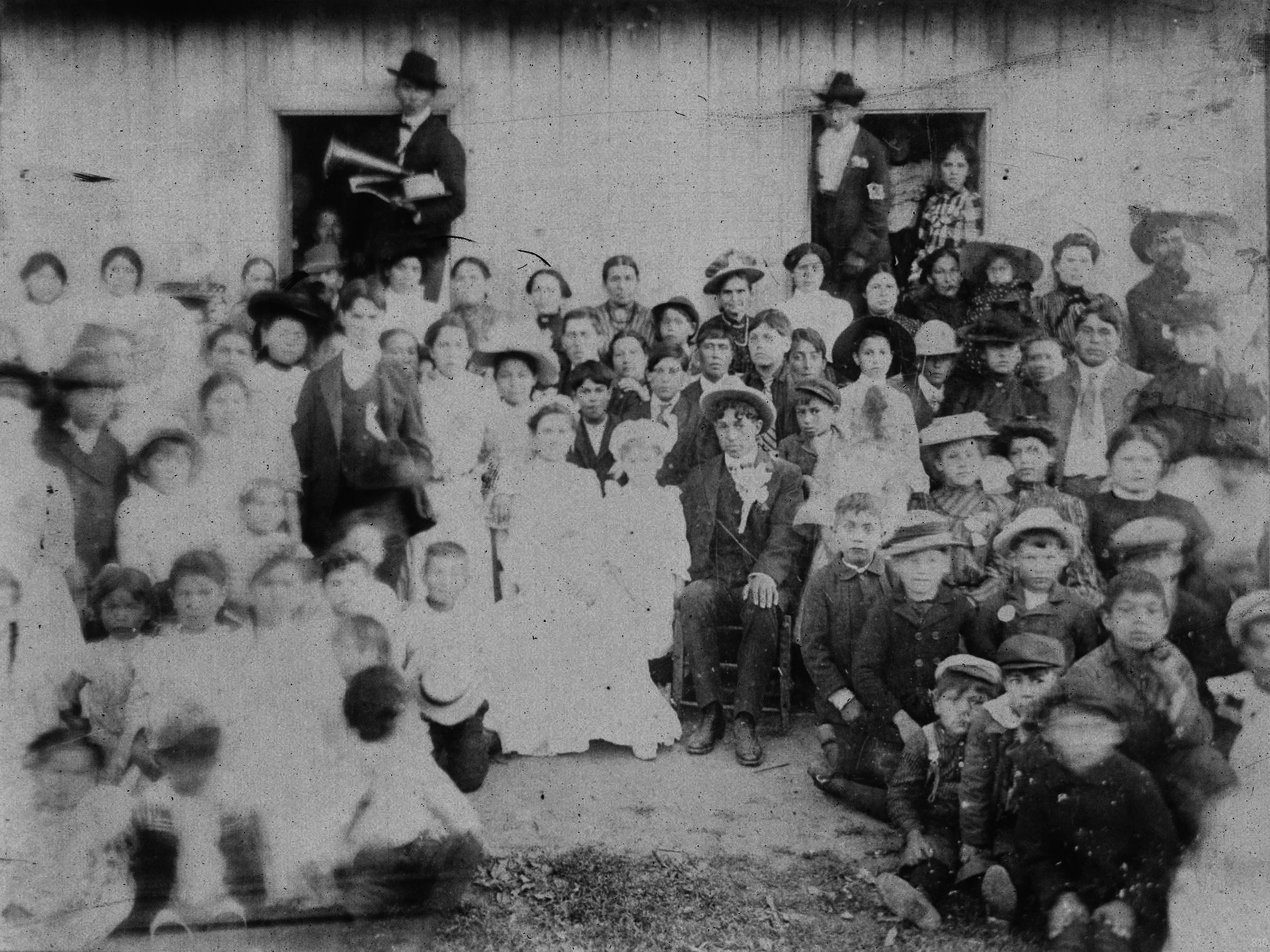
Marriage in Eagle Bay
I remember the crowd—so many came to celebrate with us. Ruth and the women lovingly sewed our wedding clothes by hand, each stitch a testament to care and tradition. Friends and family traveled from Kahnawà:ke to Eagle Bay, bringing joy and laughter.
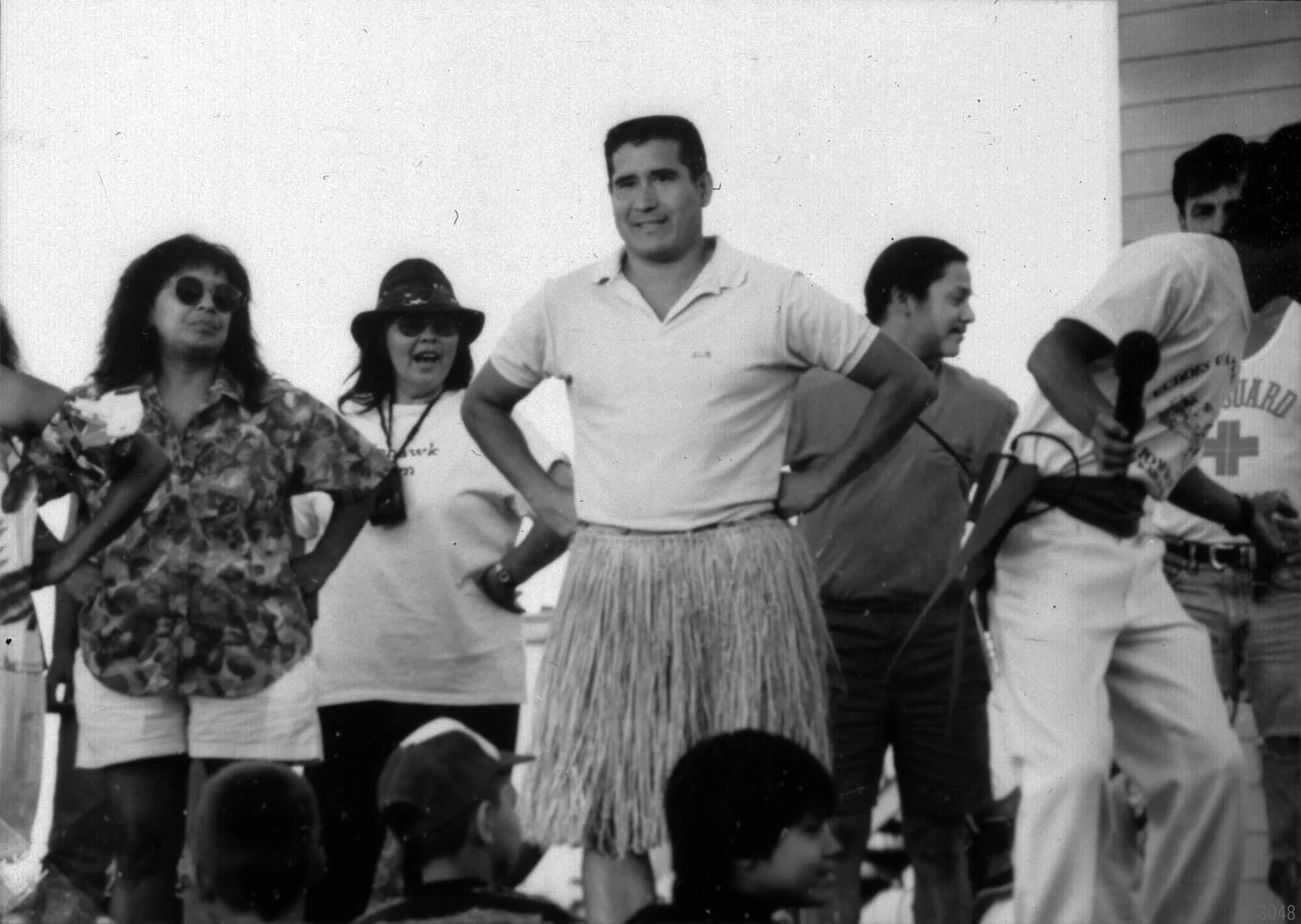
Needing some excitement
The older veterans did what they could, and the younger veterans passed on what they knew about survival, fighting, and a little bit of medical stuff. I tried to instill discipline because most of the land defenders only had a handful of ammunition and hunting rifles.
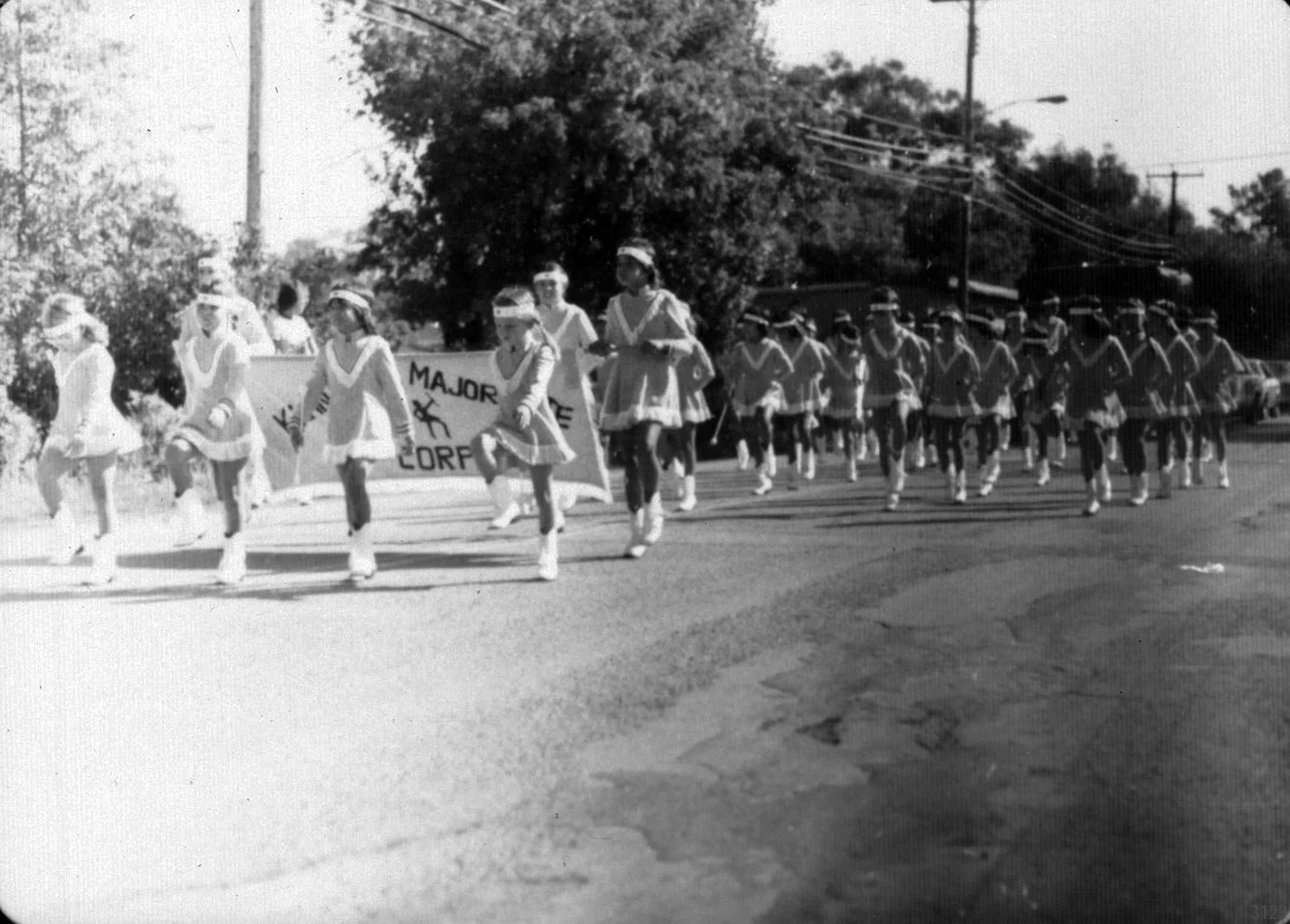
Marathon Mom
She started going to Mohawk Miles, and she would help with fundraising. She would always go to the exercise classes at the Youth Center, and everyone was amazed saying “Oh man, she’s that old and here we are complaining.” She's an inspiration to many of our women in the fitness community.
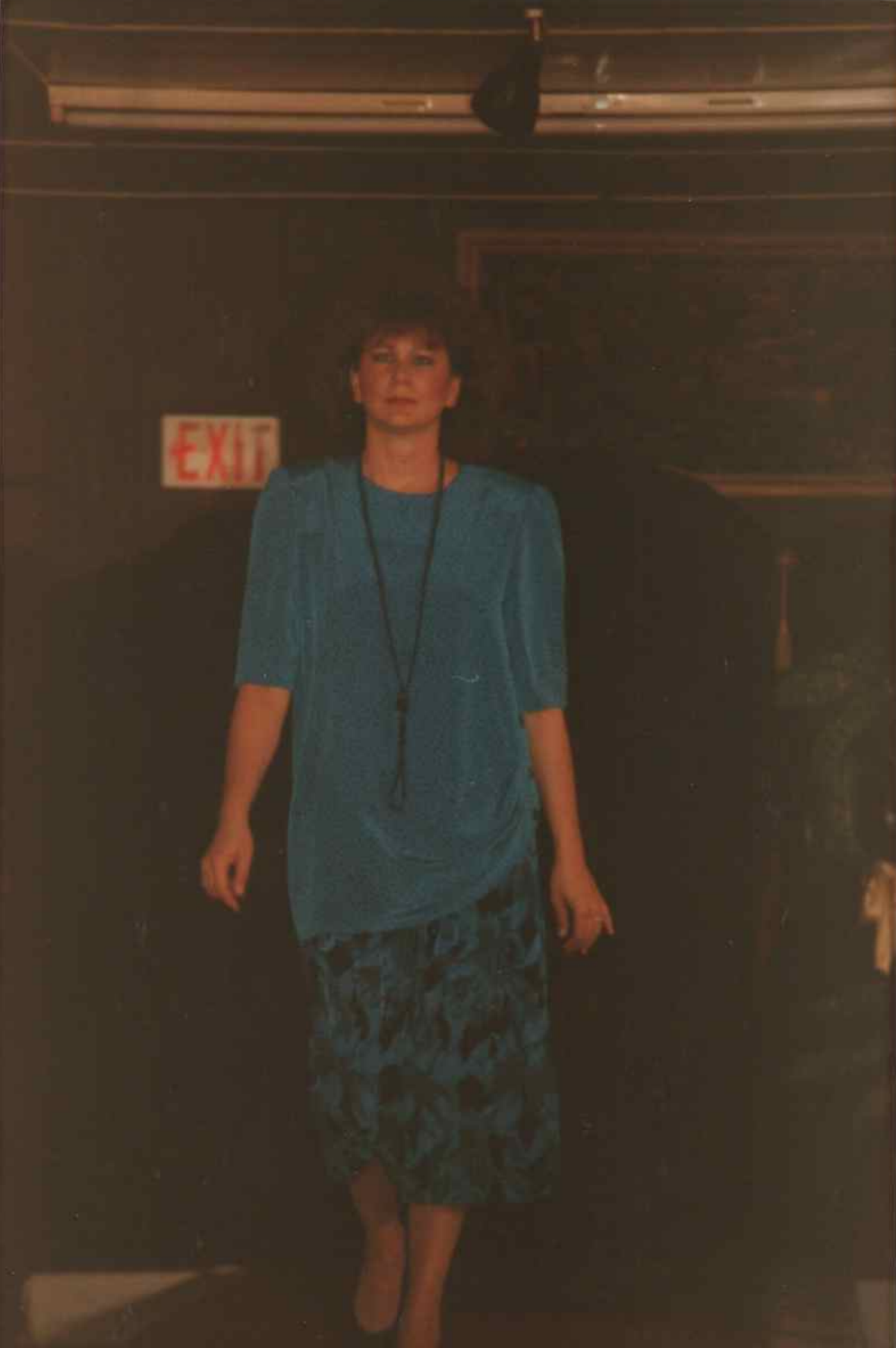
Runway model
This was all free; all these people, these hairdressers, everything! We had all the clothing supplied for us, and we even got all of that for free. I had La Tisseur, a very exclusive store, they dressed all the men and women. I had Zellers, and I had Woolworths in Lachine at one time; so many came to help us.
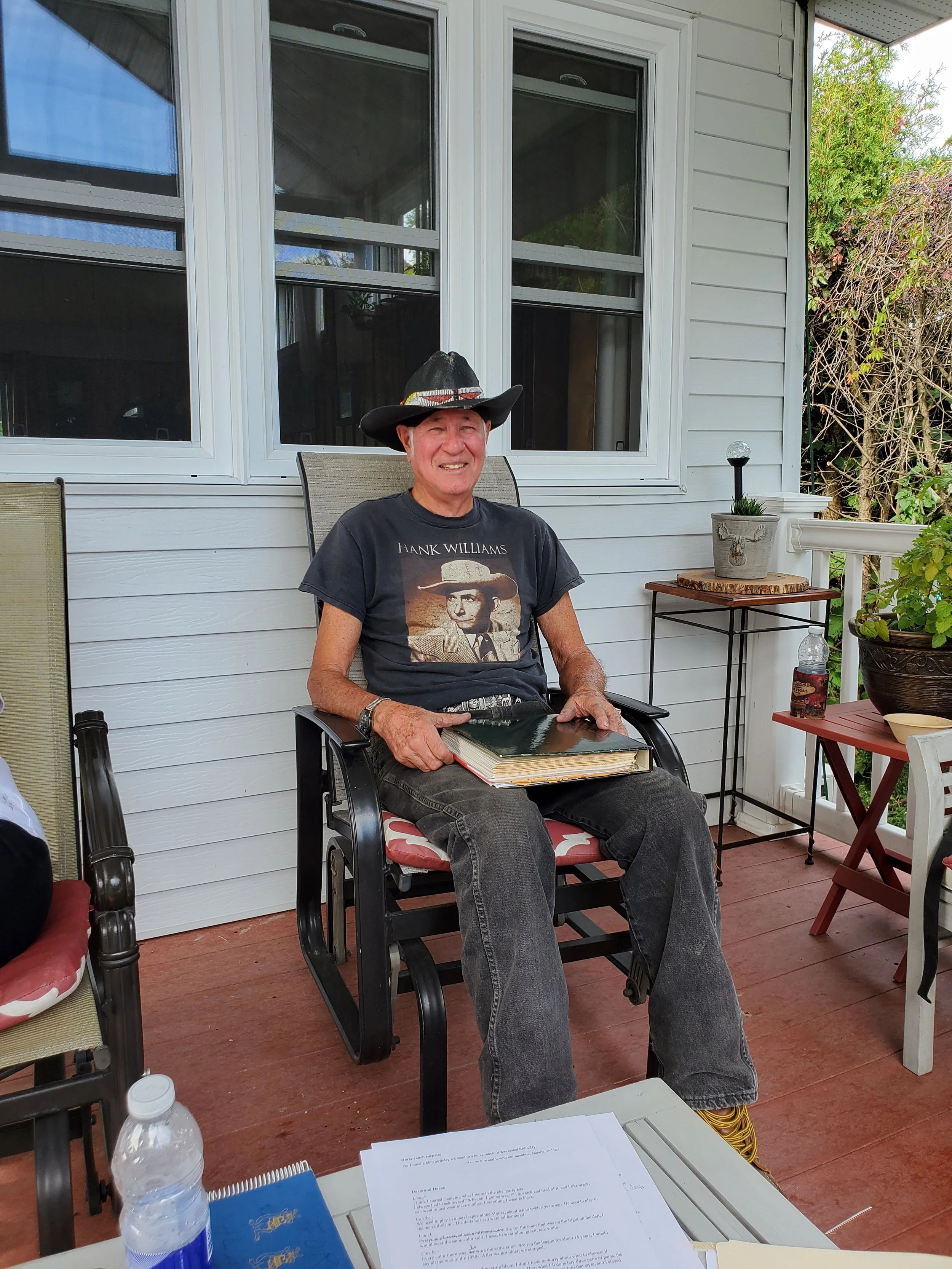
Darts and Darks
Lionel:
I started wearing black, so I don’t have to worry about what to choose; if everything’s black, I can grab anything in there. Then what I’ll do is buy three pairs of pants, the same black pants, right away so I don't have to worry about it. I got into that style, and I stayed with it.
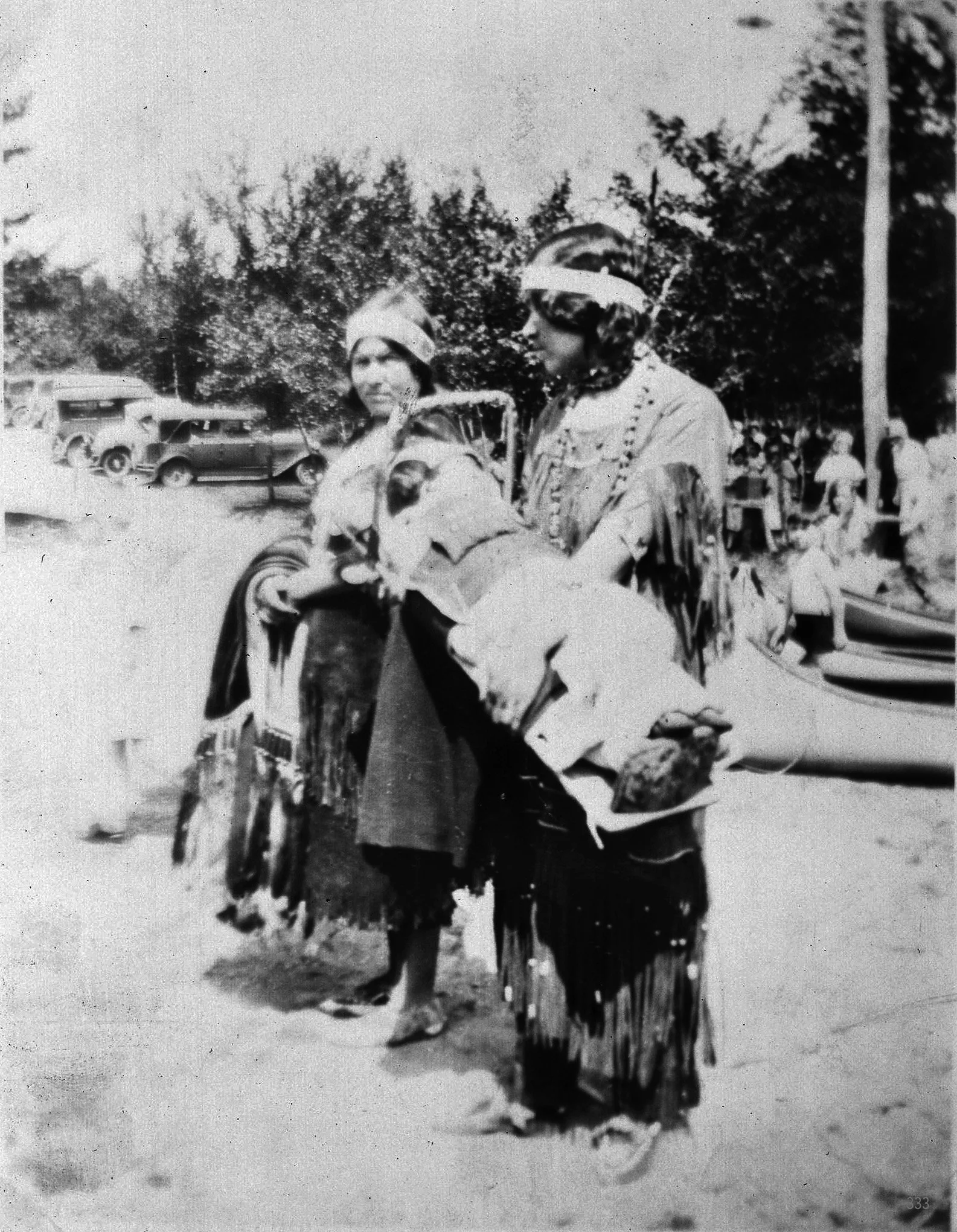
A way of remembering
I remember dancing on the rocks, grass, and at the end of the weekend, all our feet and our calves were so sore.
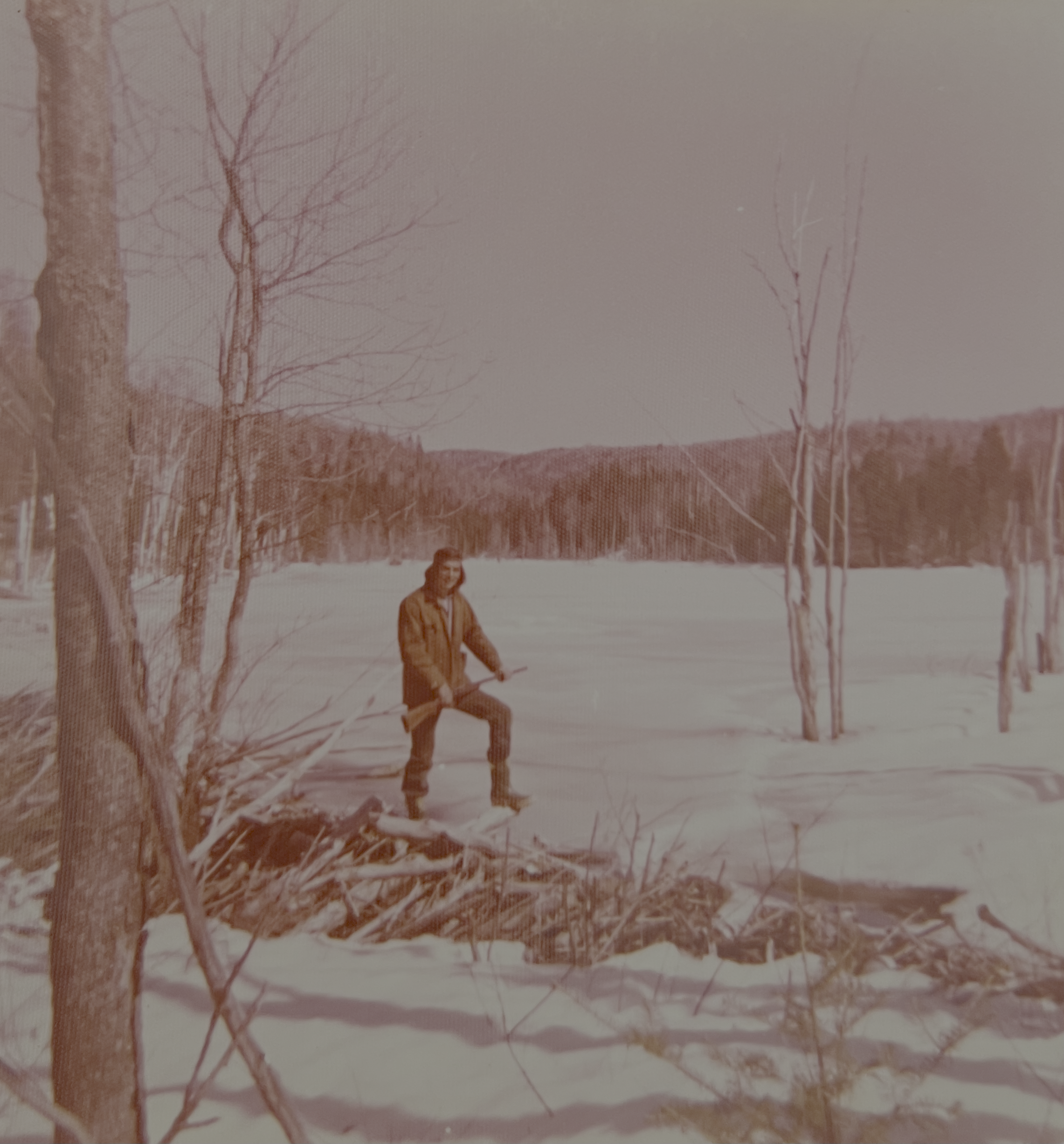
Crossing the St. Lawrence by canoe
I remember it was on a bright summer day so long ago and that this wasn't my idea, so of course I said yes. We prepped for an overnight stay, borrowed my brother Stephen's canoe, and pushed off from just about where Billy Two-River's laundromat used to be.
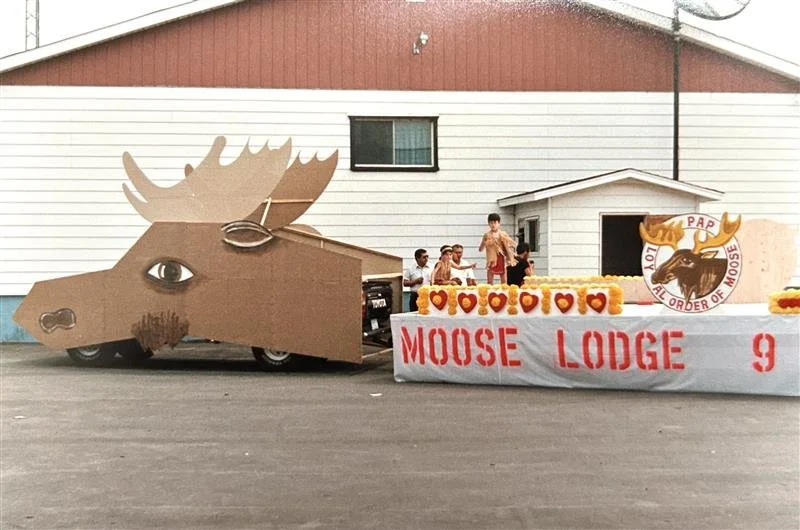
Fire Brigade on parade
The day of the parade, we had all the kids get dressed in regalia to stand on the trailer with the heart. The moose heart is meant to take care of children who don’t have anybody, like orphaned children.

It happened at Christmas
So, one Christmas morning, as he was accustomed in doing every Christmas morning, he hitched his team of his horses to a winter sled to go up the mountain to cut wood. This was just to offend the people that were going to church on Christmas morning.

Amateur naturalist
I am part of the Bear clan so I wouldn’t hunt a bear. Maybe if someone else offered me a steak from a bear they hunted I would accept but besides that I am not interested in hunting or eating it. I would only shoot it if I had to in self-defense.

All the way up
The swamp was surrounded by fields, no houses at all. No trees either, you’d only see one apple tree and some torn bushes. Besides that, it was all cut. Cows and horses used to go free around here, and they used to clean the fields up, eat all the grass.

Catholic school
"You were forbidden to speak Mohawk in school. You want to get a good whack? Say something in Mohawk. The nuns and the priests were in on it. “Break them. If you break their language, you got them,” was the line that they told. "

Walking to school
We lived close to Kateri School because we were downtown. The Lafleur family had their first store on the front street. The MCK office is there now but that was where the Lafleur’s had their butcher shop and groceries so we weren’t that far from school.
